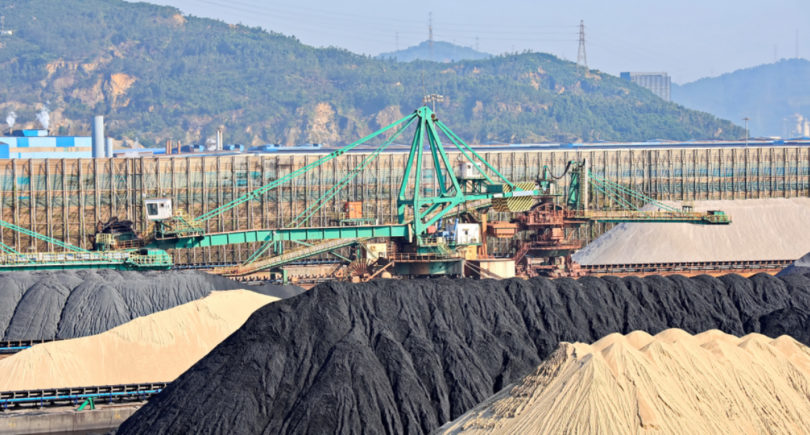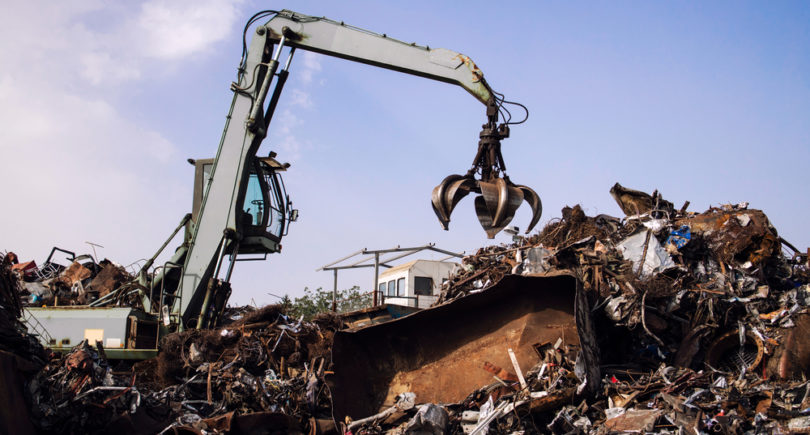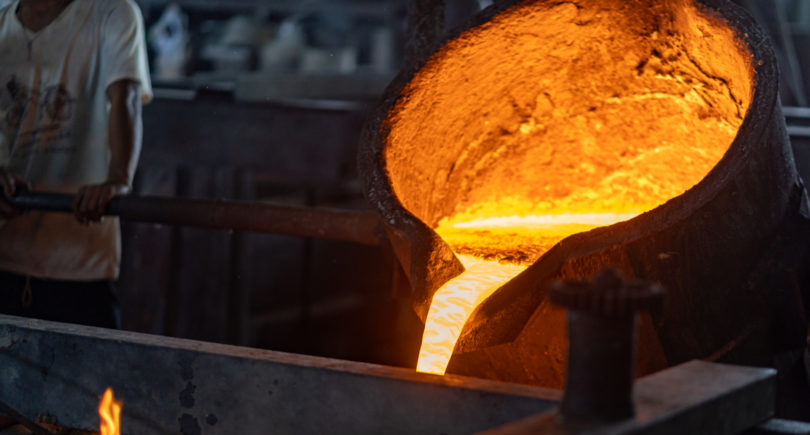
News Global Market European Union 897 22 September 2022
Analysts believe that state intervention has become structural
From September 2021 to September 2022, European governments have allocated almost €500 billion to protect citizens and companies from the rapid rise in gas and electricity prices. Reuters informs about it with the reference to research by the Bruegel think-tank.
European countries introduced measures to curb retail electricity prices, reduced taxes on energy resources and introduced subsidies. The price of gas and electricity in Europe increased after the reduction of energy resources exports from the Russian Federation in response to sanctions due to the invasion of Ukraine.
According to Bruegel’s calculations, the 27 EU countries collectively allocated €314 billion for anti-crisis measures, the UK – €178 billion. Taking into account the funds that were directed to nationalization, financial assistance or loans to energy companies, the EU governments spent about €450 billion.
In particular, on September 21, Germany announced the nationalization of Uniper, the largest importer of Russian gas in the country. The UK has capped the wholesale cost of electricity and gas for businesses.
Many measures were designed to be temporary, but Bruegel said the state intervention has ballooned to become structural. According to analysts, governments with more fiscal space will be better able to cope with the energy crisis, ahead of their neighbors in the fight for limited energy resources over winter months.
Germany, the EU’s biggest economy, has allocated €100 billion to fight the energy crisis, Italy – €59 billion, Estonia – €200 million. Croatia, Greece, Italy and Latvia allocated more than 3% of their GDP to solving the problem.
As GMK Center reported earlier, last week the EU proposed pan-European response measures to high energy prices. In particular, the European Commission plans to introduce a single electricity price limit for the entire market at the level of €180 MWh as part of the EU’s initial package of emergency measures to curb electricity prices.
At the same time, in the European Steel Producers’ Association (EUROFER), the emergency measures presented by the European Commission are not ambitious nor swift enough to bring down energy prices and to preserve millions of jobs in industrial sectors such as steel that are under pressure of global competition.
As GMK Center reported before, steel distributors and service centers in Europe are urging producers to continue cutting production capacity until the market returns to balance between supply and demand.



